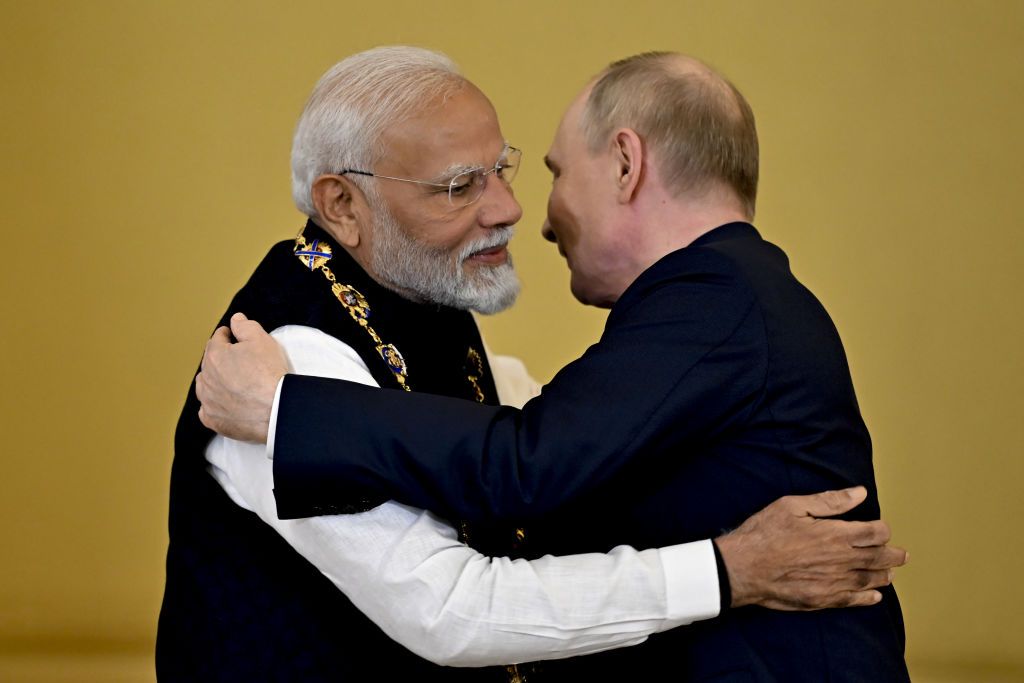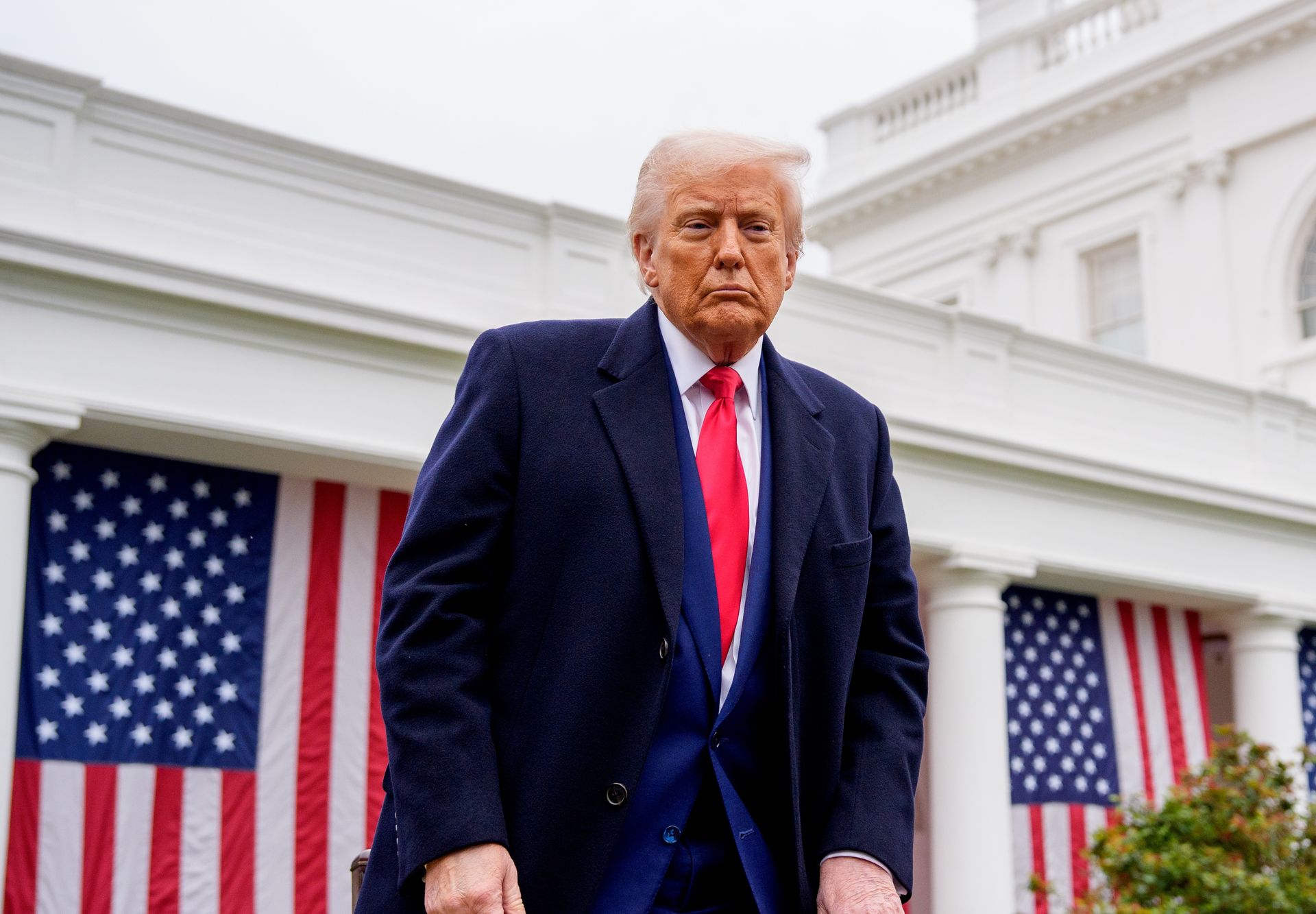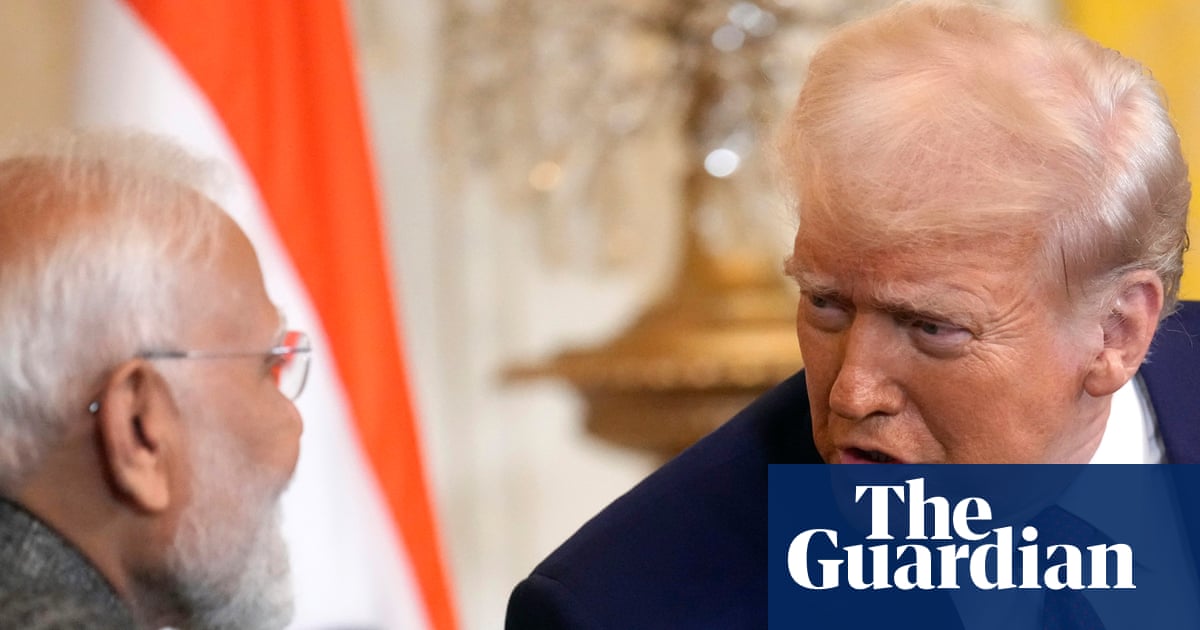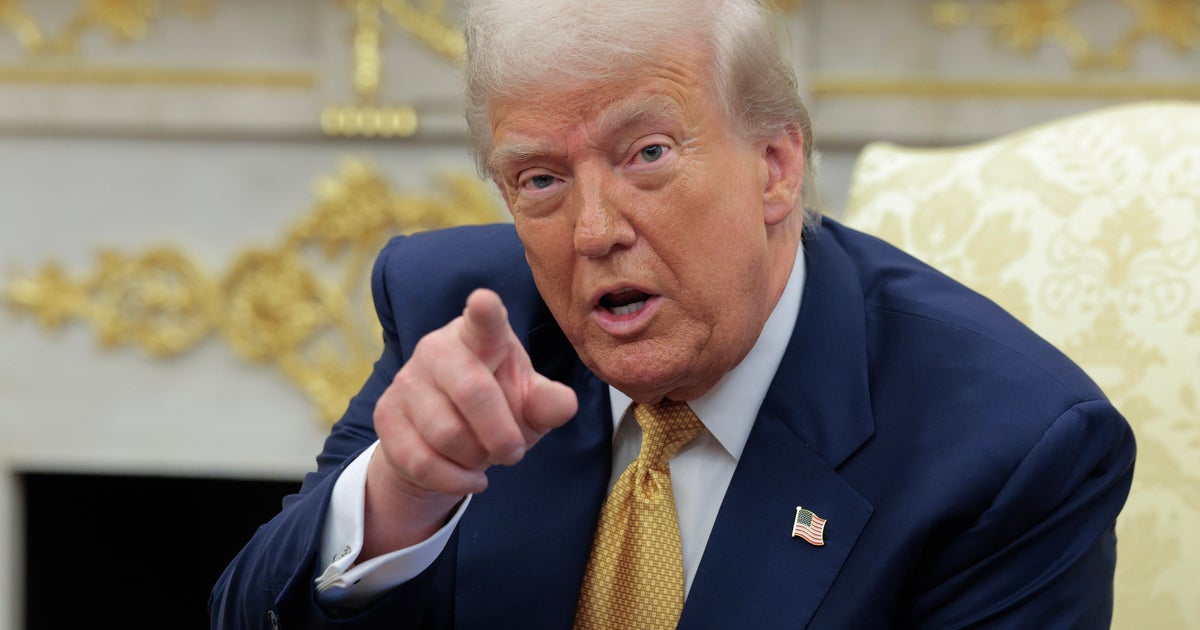T4K3.news
U.S. to impose tariffs on Indian goods
Trump announced 25% tariffs on imports from India starting August 1 due to trade disputes.

President Trump announced a new tariff aimed at India's imports amid strained trade negotiations.
Trump imposes 25% tariffs on goods from India
On Wednesday, President Trump declared that the United States will begin enforcing a 25% tariff on goods imported from India, effective August 1. This decision follows repeated trade negotiations that have not resulted in a deal. Trump cited the high tariffs and trade barriers imposed by India as reasons for this punitive measure. Additionally, he indicated that this tariff is a response to India's trading relations with Russia during its ongoing conflict with Ukraine. As the U.S. is India's primary export market, this tariff could significantly impact trade valued at nearly $130 billion last year. While Indian officials had shown some openness to adjusting tariffs, critical sectors like agriculture faced resistance, reflecting longstanding tensions in trade relations between the two nations.
Key Takeaways
"We have done relatively little business with them because their Tariffs are far too high."
Trump expresses frustration over India's high tariffs impacting trade volume.
"A trade deal with the U.S. is critical for India."
Amit Basole emphasizes the importance of U.S. trade relations for India's economic growth.
"We need jobs very badly, particularly in manufacturing."
Basole speaks to the urgency of job creation in India within the global market.
"Indian farmers provide livelihood to millions, and their interests must be protected."
Finance Minister Sitharaman reflects on the government's commitment to farming community.
The imposition of tariffs signals a shift in trade dynamics between the U.S. and India, particularly as both countries navigate a changing geopolitical landscape. The decision by Trump to link India’s trade relationship with Russia to tariffs complicates the already delicate negotiations. India's resolve to protect its domestic farmers and industries may put it at odds with U.S. demands, highlighting the tension between national interests and the need for international partnerships. As India seeks to bolster its economy, the implications of these tariffs could hinder its manufacturing ambitions and exacerbate local economic vulnerabilities.
Highlights
- Tariffs add friction to trade relations, complicating negotiations
- India faces a tough balancing act in trade with the U.S.
- Protecting farmers' interests shapes India's trade strategy
- The economic stakes are high for India in U.S. negotiations.
Economic risks from tariffs
The new tariffs may escalate trade tensions between the U.S. and India, risking economic implications for both nations. The focus on agricultural sectors may ignite public backlash from Indian farmers, and India’s economic stability could be at stake in ongoing negotiations.
The future of U.S.-India trade relations will depend on navigating these complex challenges ahead.
Enjoyed this? Let your friends know!
Related News

Trump imposes tariffs on India amid Russia threats

Indian state-owned refineries stop Russian oil purchases

Trump imposes tariffs on Indian imports
Countries react to Trump's new tariffs

Trump announces EU trade deal with new tariffs
Trump's new tariffs lead to mixed global reactions

Trump imposes tariffs on India

Trump introduces tariffs impacting 60 nations
